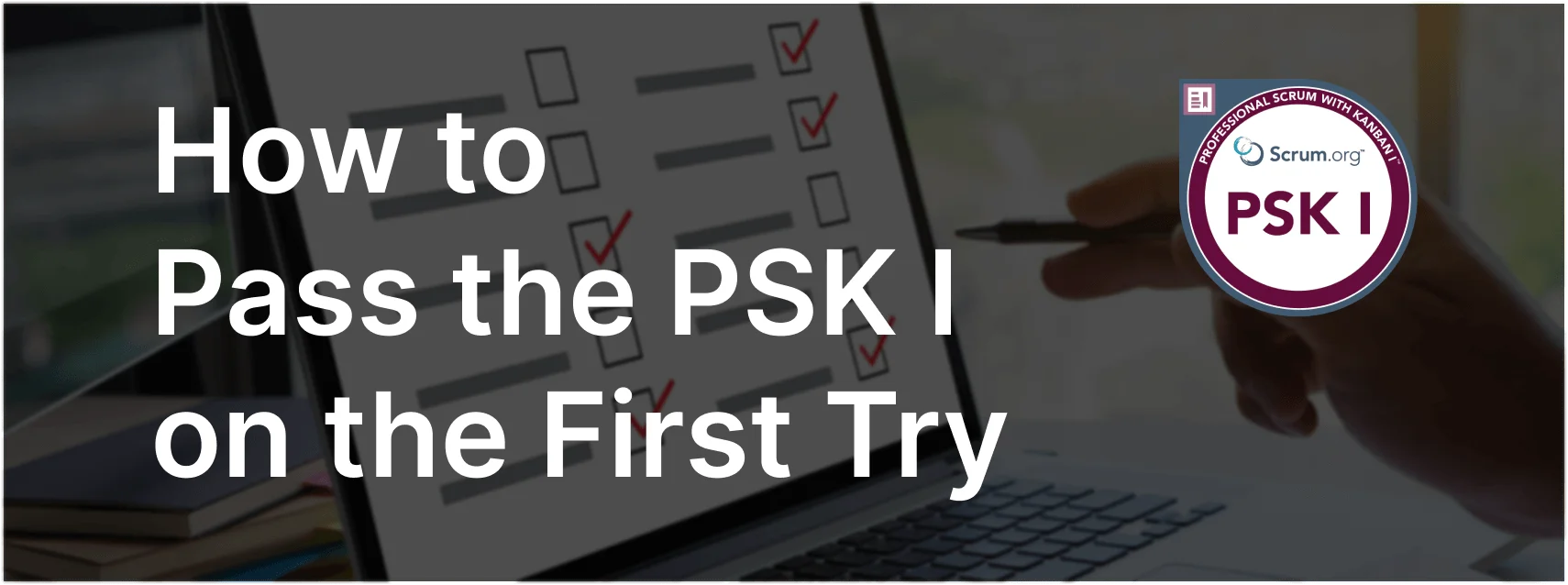Impact of Limiting Work in Progress (WIP) on Collaboration
Understanding the effect of limiting Work in Progress (WIP) on team dynamics and collaboration is essential in Agile and Kanban practices.
Exam Question
True or False: Limiting Work in Progress (WIP) will likely reduce the amount of collaboration in the Scrum Team.
A. True
B. False
Correct Answer
B. False
Explanation
Correct Answer
B. False:
Limiting Work in Progress (WIP) is likely to increase the amount of collaboration within the Scrum Team. When WIP limits are enforced, team members focus on completing existing tasks before starting new ones. This often encourages more collaboration and teamwork, as members are more likely to help each other to complete the tasks at hand. It also promotes swarming behavior, where multiple team members work together to finish a work item, enhancing overall team efficiency and cohesion.
Benefits of Limiting WIP for Collaboration
- Increased Focus: With fewer items in progress, team members can concentrate better on the tasks at hand, leading to higher quality outcomes.
- Swarming: Limiting WIP encourages team members to swarm on tasks, promoting a culture of helping each other and working together to complete work items.
- Improved Communication: Fewer tasks in progress mean more opportunities for team members to discuss, coordinate, and collaborate on the work being done.
- Shared Ownership: WIP limits promote a sense of shared responsibility and ownership of the work, enhancing team cohesion.
Why Limiting WIP Enhances Collaboration
- Reduces Context Switching: With fewer tasks to juggle, team members can stay focused and collaborate more effectively on each task.
- Facilitates Problem Solving: When team members collaborate on fewer tasks, they can pool their knowledge and skills to solve problems more efficiently.
- Promotes Collective Responsibility: WIP limits encourage team members to work together to move tasks to completion, fostering a sense of collective responsibility.
Relevance to the PSK I Exam
Understanding the positive impact of limiting WIP on collaboration is crucial for the PSK I exam. It demonstrates knowledge of key principles in Kanban and Agile practices and how they contribute to team dynamics and efficiency.
Key Takeaways
- Limiting WIP is likely to increase collaboration within the Scrum Team.
- WIP limits promote focus, swarming, improved communication, and shared ownership.
- Effective collaboration leads to higher quality outcomes and improved team cohesion.
Conclusion
Limiting Work in Progress (WIP) will likely enhance, rather than reduce, collaboration within the Scrum Team. For more information on preparing for the PSK I exam, visit our Professional Kanban PSK I™ Exam Prep.



